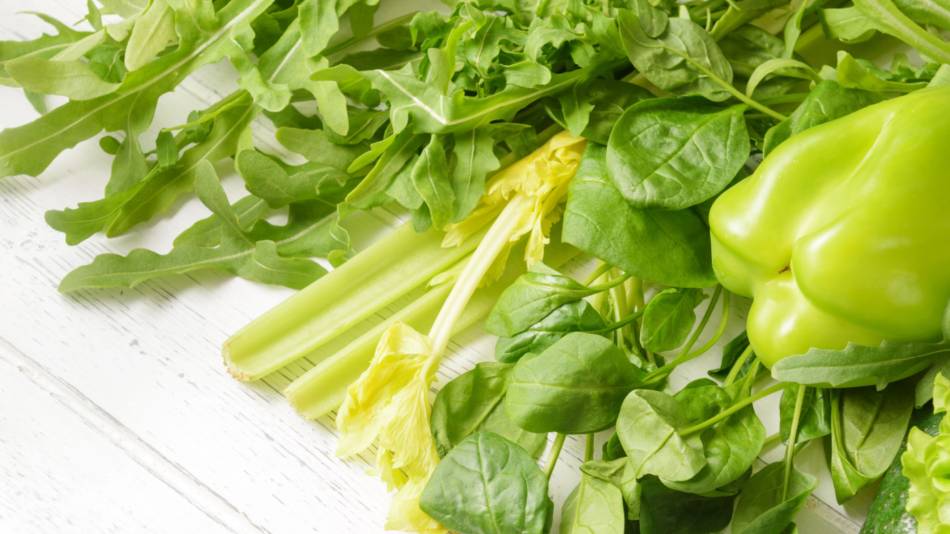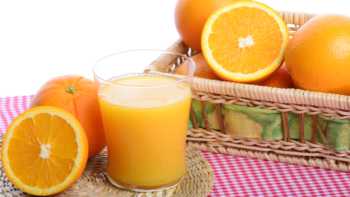Answer:
Luteolin is a plant flavonoid similar to quercetin and, like quercetin, is promoted for its anti-inflammatory and anti-cancer effects, as well as its antioxidant activity (Munafo, Sci Rep 2022; Lin, Curr Cancer Drug Targets 2008). However, despite interesting laboratory and population-based findings, evidence of clinical benefits from taking luteolin is generally lacking.
Sign in as a member to learn about research evaluating luteolin for conditions such as cancer, heart health, skin aging, age-related cognitive decline, exercise performance, post-COVID olfactory impairment, Gulf War Illness, and boosting testosterone production. Also, learn if luteolin supplements are safe and if some may be better absorbed than others.
+
— 18 sources
In addition the results of its expert testing, ConsumerLab uses only high-quality,
evidence based, information sources. These sources include peer-reviewed studies
and information from agencies such as the FDA and USDA, and the National Academy of Medicine.
On evolving topics, studies from pre-print journals may be sourced.
All of our content is reviewed by medical doctors and doctoral-level experts in pharmacology,
toxicology, and chemistry. We continually update and medically review our information to
keep our content trustworthy, accurate, and reliable.
The following sources are referenced in this article:
- Castellino, Nutrients 2019
- Couture, Cell Biol Toxicol 2020
- De Luca, Oxid Med Cell Longev 2016
- Di Stadio, Curr Neuropharmacol 2022
- Diedrich, Pharmaceutics 2023
- Fan, In J Mol Sci 2022
- Gates, Int J Cancer 2007
- Gelabert-Rebato, Nutrients 2019
- Hodgin, Int J Environ Res Public Health 2021
- Jang, J Nutr 2010
- Lin, Curr Cancer Drug Targets 2008
- Luo, J Androl 2013
- Marciani, Eur J Clin Nutr 2013
- Miyashita, Sci Rep 2022
- Munafo, Sci Rep 2022
- Terzo, Nutrients 2023
- Theoharides, Biofactors 2020
- Wang, Am J Clin Nutr 2009












Submit your comment
This feature is restricted to active members.
Join now to add comments and get all member benefits, including over 1,400 reviews.
Join NowAlready a member? Sign in here.